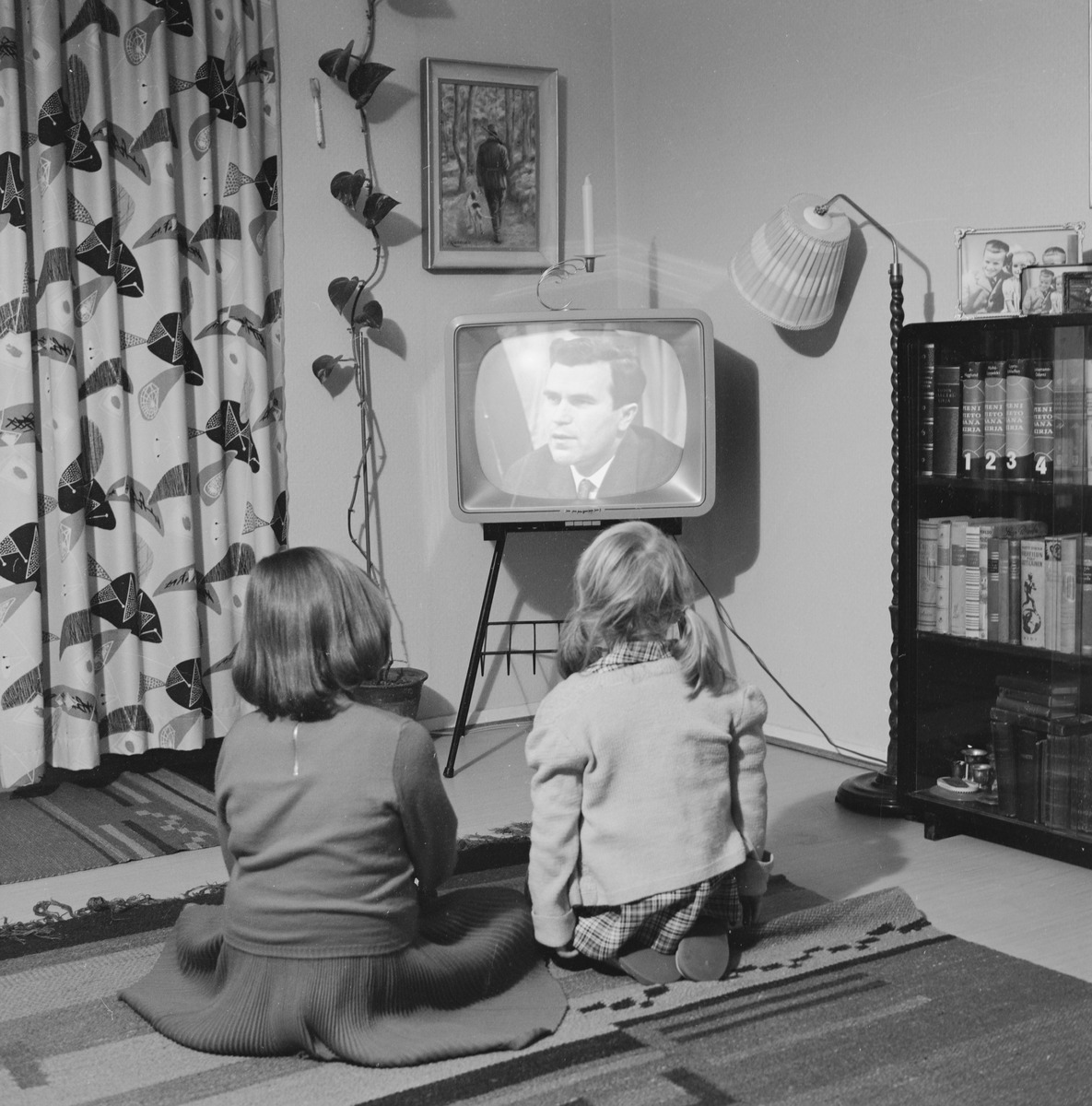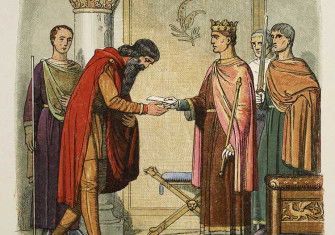How Good is Television as a Medium for History?
Four historians consider how their discipline can best reach a mass audience.

Documentary makers should have more faith in their viewers
Robert Crowcroft, Senior Lecturer in Contemporary History, University of Edinburgh.
At its best, television can be a powerful medium for the effective and engaging communication of history to the wider public. The late 1960s and early 1970s saw a number of magisterial history documentaries. There was Kenneth Clark’s landmark 1969 series on art history, Civilisation (my personal favourite documentary ever). There was Jacob Bronowski’s classic 1973 series on the history of science, The Ascent of Man. A year earlier saw Alistair Cooke’s America on the history of the United States, while the independent Thames Television broadcast the unmistakeable tones of Laurence Olivier, as he guided a gripped nation through all 26 episodes of The World At War (at the time, the most expensive documentary series ever made). It was a golden age of history documentaries, which successfully blended intellectual ambition with seriousness and accessibility.







